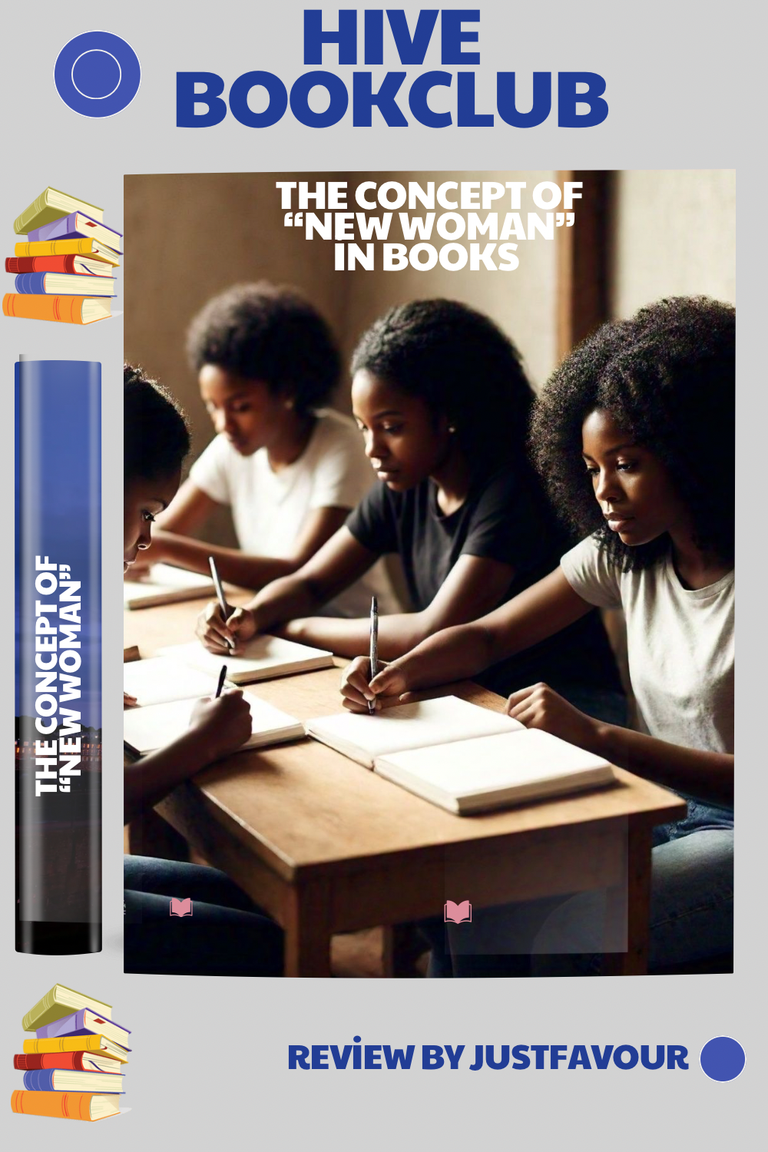
Over the years, literary works have masterfully explored different themes from diverse perspectives. Writers over the world have skillfully employed a wide range of literary devices to add beauty to their works, including complex characters, settings, dialogue, plot, among others, to convey their message in a simple, yet creative way. From explorations of identity and the quest to discover new homes (journey of self-discovery) to the impact of war and loss, beauty of adventure, the sadness of death and the power of love, writers have made valuable contributions to the beauty of literature. Their works continue to keep the literary world soaring.
One beautiful thing about literature is that as long as poetic license exists, writers will never run out of ideas. It is really amusing how 100 writers can write about 100 different themes in different ways. During the old English period, the writings were different. Moving to the Renaissance period, the style of writing shifted from the previous ones. Moreover, during the Renaissance period, writers wrote from fresh perspectives. From old English, to the days of Modern English, the Epochs of literature have witnessed different styles of writings. With this, it is evident that writers cannot run out of ideas because as long as new changes keep happening in their environment they will have something to write about.
Let’s use this as a case study; 3 years ago, there was nothing like AI, but with its emergence, new ideas keep coming in. Many writers have taken to their works to write novels, short stories, and articles about AI. Even the smallest change in the environment can give birth to a million ideas.
One concept in literature that has stood out, especially in the works of women writers is the concept of New Woman. In this post, I'll be discussing the concept of New Woman in books.
THE CONCEPT OF NEW WOMAN IN BOOKS

The concept of New Woman in books, particularly novels, is not far fetched. Have you ever read a book where a female character struggles to fight society and become independent on her own? She struggles to defy the “rules” that dictate women’s Rike are limited to domesticity and to be submissive to their husbands. In simple words, the rules that dictate that women cannot do anything besides being in the kitchen and under the shed of their husbands? Simply put, the concept of New Woman in novels is when you see a woman struggling to become a boss on her own, rather than being confined to traditional domestic roles.
Now, before the modern era, women were viewed as mere tools. An instrument that shouldn't go beyond the kitchen and bedroom. Books written before the modern era often portray women as irresponsible and incapable of achieving anything. They are often depicted as prostitutes- the weak gender. In reality, there were not many female writers. Not only were they uneducated, they really were restricted to the kitchen and to fulfill their roles to their husbands. However, with the advent of the Modern Era, female writers emerged, writing about different themes from their own perspectives. This gave birth to the concept of New Woman.

One book that explores the concept of New Woman is Mrs Warren’s Profession by Benard Shaw, an Irish Author. In this play, Mrs Warren, one of the main characters, is a rich woman who has acquired her wealth through prostitution. She started the game as a newbie, but became a boss and owner of a brothel (for prostitution). On the other hand, Vivie Warren, Mrs Warren’s daughter, is a stark contrast to her mother. She studies at the university and gets a degree in mathematics. She asserts that she does not want to be like her mother, but make her own money through her own efforts. The male characters are surprised by this as they believe that women shouldn't be able to achieve success on their own without the support of a man.

Moving on, another book that explores the concept of New Woman is Stillborn by Zaynab Alkali, a Nigerian Author. The novel revolves around Li who grows up in a typical Nigerian village home. Right from when she was small, she was the oddball in her family; wanting to be different and achieve great things, go beyond the “useless” don'ts of society. In the book, most women were housewives. Those who made it to some point in education, worked as clerks in schools. As the plot progresses, Li unfortunately marries a man who doesn't love her. He impregnated her. One would think that this would stop her from achieving her dreams, but despite all odds, she completes her teaching school (becoming the first woman to ever do that in her village), gets her degree, and as the resolution ignites, she becomes a rich and dependent woman of her own.
Thanks for reading.



